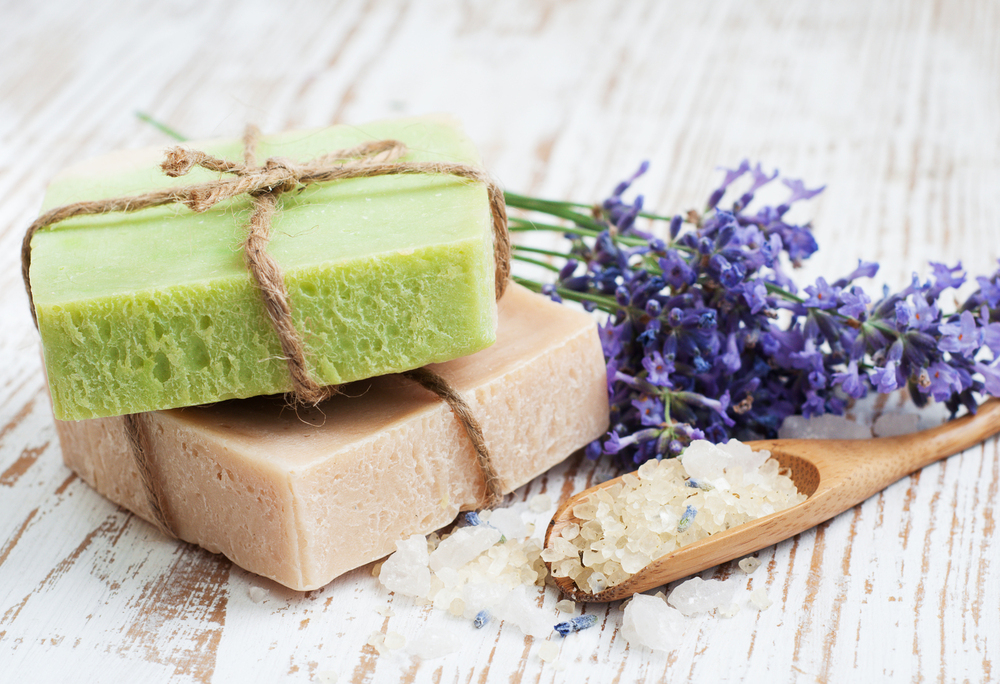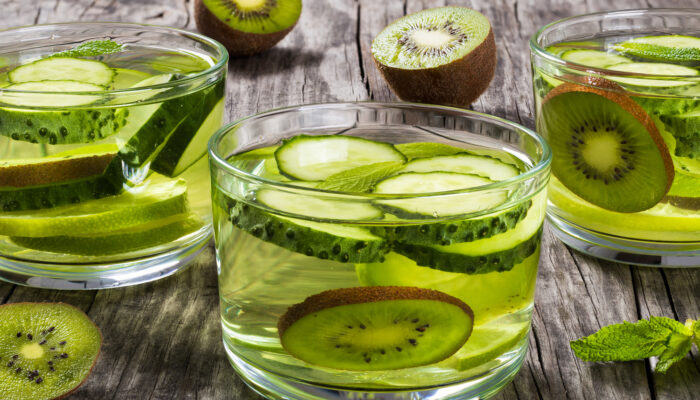
Soaps that Trigger Eczema
One of the most frustrating aspects of eczema in teen patients is that it’s affected by the products we use. That means just because a friend uses a certain soap on their glowing skin; it may prompt an eczema outbreak when you use it on your skin. Just a single trigger ingredient may lead to painful eczema flareup, prompting symptoms of inflammation, red, itchy scales and blisters.
As such, it helps to be aware of the major culprits to avoid all together, when it comes to buying a good atopic dermatitis soap:
1. Methylchloroisothiazolinone and methylisothiazolinone
Methylchloroisothiazolinone and methylisothiazolinone are preservatives that companies use to extend the shelf life of their skin-care products. It is typically added to baby-based products, makeup and skin cream. It is also used in soaps as well because it helps to deter bacterial growth. Unfortunately eczema patients typically experience itchiness, flaking and redness when these two times of preservatives come into contact with the skin.
2. Propylene glycol
The American Contact Dermatitis Society actually named propylene glycol the 2019 Allergen of the Year. It is found in many products such as cosmetics, medication, food and skin care products. It functions as an effective moisturizer. But, it can cause your skin to itch, regardless if you are specifically allergic to it. The thing about glycol is that it is also prescribed as a safe cream for eczema sufferers. As such, ensure that you highlight your concerns to your doctor if you plan on using a prescription strength eczema cream. Doctors often prescribe medications, such as Dupixent (dupilumab) or over the counter aids, such as Gold Bond Medicated Anti-Itch lotion to soothe eczema prone skin.
3. Antibacterial Soaps
Antibacterial soaps are great for people who work in settings with lots of people or potentially harmful toxins. Unfortunately certain chemical compounds in antibacterial soap such as neomycin sulfate can cause itchiness, redness and flaking when it comes into contact with sensitive skin.
4. Fragrant soaps
Fragrant soaps help to make your skin smell great, but it doesn’t make your skin feel great. The National Eczema Association or NEA for short, proclaims that as much as 7%-14% of all eczema patients have an allergy to fragrance soaps. In fact, scented skin-care products are responsible for 40% of the allergic reactions patients have in regards to using cosmetic products. In fact, the statistics are so alarming that the NEA no longer gives its Seal of Acceptance to any scented soap brand.
5. Soaps with botanical oils
Surely, if it’s all natural it must be safe and gentle on the skin, right? Not so fast. Fact is, as far as aggravating a pediatric eczema condition goes, some natural ingredients are actually more problematic than their chemical counterparts. The problem with botanical oil based soaps is that over time, they can make your skin even more sensitive and susceptible to outbreaks from other environmental and chemical agitators.
6. Coconut oil
Coconut oil is often touted as being a safer alternative to vegetable oils because it is rich in antioxidants. It is also used in skin care products as well. This is because it is rich in a compound known as cocamidopropyl betaine. This compound serves as an effective foaming agent so it’s commonly used in facial cleansers, bath gels and shampoos. Unfortunately, statistics show that people with eczema who come into contact with cocamidopropyl, end up with the red flaky skin.



